Can Pilots Have Tattoos? What You Need to Know
Find out if pilots can have tattoos and tackle the situation if you already have one.
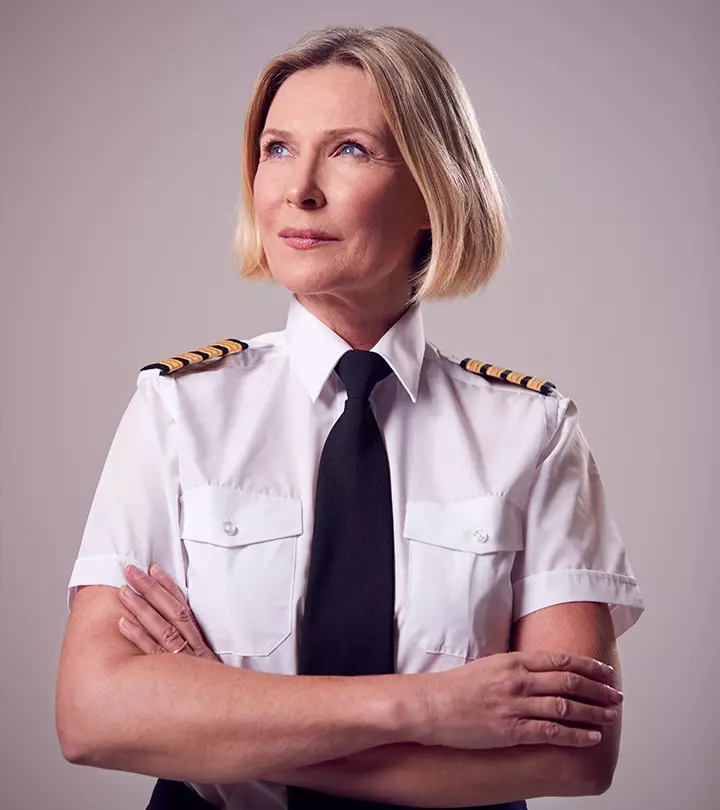
Image: Shutterstock
“Can pilots have tattoos?” This is a fairly common query among tattoo enthusiasts aspiring to become pilots. This is because aviation professionals are expected to adhere to specific guidelines regarding their appearance and uniform to always present an impeccable and professional image. However, these guidelines evolve every year as the perception of a professional image continues to change.
Aviation is one of the most skill-demanding and risk-intensive professions, garnering respect and admiration for its professionals, including pilots and cabin crew. To maintain this professional image, they are expected to look and dress professionally, which traditionally includes no facial hair or permanent tattoos. Nevertheless, the perception of tattoos has undergone a remarkable shift in recent years, with a quarter of Americans now having at least one. If you are here to learn whether a pilot can have tattoos, continue reading.
In This Article
Can Pilots Have Tattoos?
The answer to this question cannot be a simple yes or no. Some airlines are getting comfortable with the idea of tattoos on pilots. However, most airlines allow pilots to have tattoos only if they can be covered by their uniforms, with clear restrictions on or complete prohibition of visible body ink.
However, with more and more people supporting and getting tattoos, the concept of a tattoo is becoming less taboo, and acceptance of tattoos is increasing even in a professional setting.
Nick Priest, a professional pilot, shares his journey of getting a tattoo on his YouTube channel. He says that tattoo policies for every major airline are different, but most of them do not allow visible tattoos. He adds, “I’m a pilot and I’ve just got a tattoo; so the answer is yes, you can have a tattoo as a pilot and cabin crew. This may change obviously depending on your airline and where you are in the world, but here in Australia you can have a tattoo but it has to be covered or be able to be covered (i).”
 Pro Tip
Pro TipBut what is wrong with pilots having tattoos, at least in the views of most airlines? If you too are wondering the same, check out the next section for some answers.

Key Takeaways
- Pilots are generally not allowed to have tattoos that are visible in their uniforms as they convey an unprofessional image.
- They can have tattoos on arms, legs, torso, and back, as they remain concealed under a uniform.
- People who already have tattoos and want to become a pilot can cover them with clothing or makeup, get them removed, or look for suitable airlines that allow tattoos.
Why Don’t Airlines Allow Pilots To Have Tattoos?
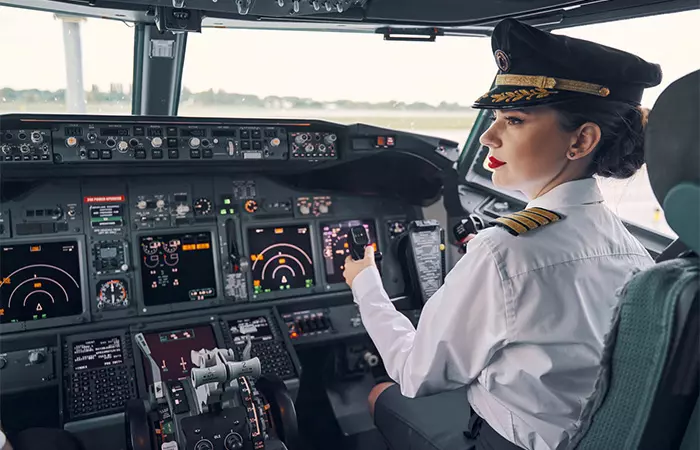
The primary reason that airline pilots are generally not allowed to have tattoos, facial piercings, or ungroomed facial hair is the notion that these convey an unprofessional and casual image. While it has now become a medium of self-expression and freedom, traditionally, tattoos were associated with nomads, certain ethnic groups, and even gangs of criminals or anti-social elements.
Airlines require their employees to resemble each other in demeanor and professional appearance, and a body piercing or tattoos may attract unnecessary attention, disrupting uniformity.
Airlines also consider the fact that many passengers may still not be comfortable with the idea of professional pilots with tattoos, and the companies prioritize their customers’ comfort and ease.
As many airlines do allow tattoos that can be concealed through uniforms, you must give careful consideration to the placement. Read the next section to get some ideas for retaining your tattoo and your profession as a pilot together.
Where Can Pilots Have Tattoos?
With the ‘no visible tattoo’ policy in place for most commercial airlines, pilots are allowed tattoos on body parts that get covered with their uniforms. This implies that neck, hands, face, and sometimes lower arm tattoos are not allowed.
Some areas where commercial pilots can get a tattoo include the arms, legs, torso, back, and other areas that are concealed after wearing a long-sleeved shirt, pants, and jacket.
But what if you already have a tattoo and still want to join this profession? Read the next section to know what you can do about it.
What To Do If You Want To Become A Pilot But Have A Tattoo?
If you are aiming to become a pilot but you already have tattoos, especially one that is visible over a uniform, it might be a hurdle in your way. However, there are certain ways you can manage a tattoo and still be a pilot.
1. Cover Up Your Tattoo
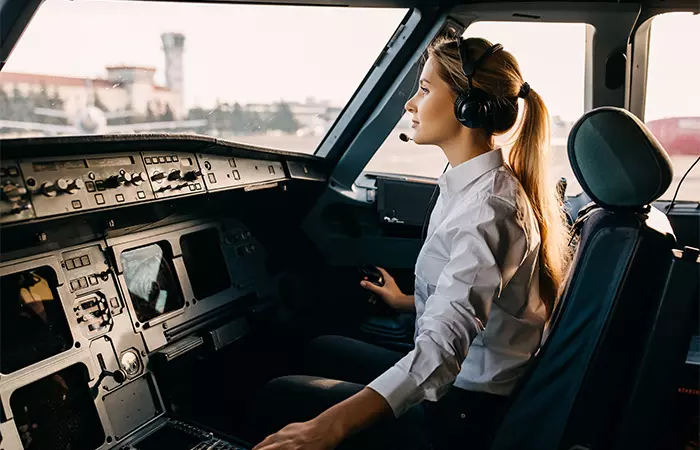
If you have a tattoo that can be concealed under a uniform, you have an easy way out. You can just cover your tattoos with clothing, such as a long-sleeved shirt. One other easy way to cover your tattoos is makeup. Small or light tattoos can be easily covered with makeup.
 Pro Tip
Pro Tip2. Get Laser Treatment
The permanent solution to a tattoo problem in aviation or any industry is to get rid of it if it is your dream job. The laser technology breaks the ink inside the skin and removes most tattoos completely and permanently.
3. Find Airlines With Relaxed Tattoo Policies
Some airlines are moving towards comparatively more lenient policies where they allow their flight crew to sport small and decent tattoos.
4. Choose Different Aviation Companies
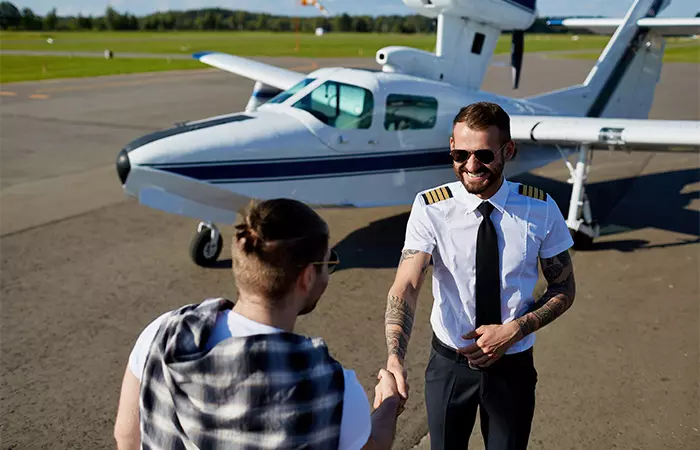
There are different aviation sectors and some of them are more open about and comfortable with tattoos. One can opt for general aviation and corporate aviation if they have tattoos.
5. Choose Another Career
In case your tattoo is a part of your cultural heritage or has some sentimental value and you do not want to part ways with your tattoo or cover it, there are myriad other options that you can choose other than a career in aviation.
One more thing to consider is that the aviation industry does not only comprise private airlines. Are tattoos allowed in the air force? Find out in the next section.
Can You Have Tattoos In The Air Force?
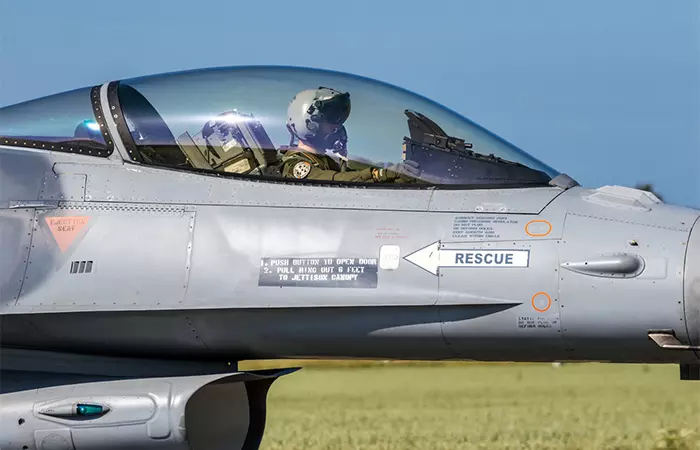
The Air Force has its separate and strict policies and regulations that govern if and what kind of tattoos people in the air force can have.
According to Air Force tattoo regulations, you cannot have more than 25 percent of your skin inked where it shows in your uniform. Tattoos on your chest, back, arms, and legs are fine as long as they stay hidden under the open-collar uniform. Also, you are good to go with a ring or a single band tattoo; just keep it under 3/8 of an inch wide and have it made somewhere between your finger joint and knuckle. Like commercial aviation, the Air Force values a clean-cut appearance. This standard reflects professionalism and discipline. However, as societal norms evolve, there is growing dialogue about adapting these policies to embrace diversity and individuality among service members.
Is there any chance of changes in how tattoos are viewed in these highly professional fields in the near future? Read on to know more.
The Future Of Pilots And Tattoos
The policies and regulations around tattoos in aviation are increasingly becoming more lenient and accepting. The association of tattoos with negative notions is no longer popular and the younger generation views tattoos in a completely different light.
Many airlines permit pilots to have tattoos under their uniforms, and some even allow small visible tattoos that carry no offensive meaning. However, certain types of tattoos or an extreme degree of permanent body art may still be discouraged in professional environments like aviation. Pilots will likely need to adhere to specific protocols and guidelines regarding displaying their tattoos in the workplace.
As popular as tattoos are nowadays, they are still considered taboo in certain industries, such as aviation. Pilots and the flight crew are not allowed to have tattoos that are visible over their uniforms and the presence of tattoos can be a problem. Some airlines are more progressive and accepting; they allow facial hair as long as they don’t interfere with wearing oxygen masks and small tattoos– but it is a rarity. People can use makeup or clothing to conceal the tattoos that they have, get the tattoos removed with laser treatment, or choose more lenient branches like corporate aviation if they want to become a pilot. Lastly, the tattoo policies are becoming more open with time but there will likely always be some restrictions on the kinds of tattoos you can get as a pilot.
Frequently Asked Questions
Can commercial pilots have tattoos?
Yes, commercial pilots can have tattoos that are not offensive and can be covered with a uniform.
Are there different rules for military and civilian pilots with tattoos?
Yes, all military branches have their own set of rules, and military tattoo policies and regulations are stricter and more detailed than those for civilian pilots. The major rule is that one cannot have more than 25 percent of their skin inked, and no tattoos are allowed on the visible parts of the skin. So, can you have tattoos in the military? The answer is yes but with some significant limitations. It also depends on which country’s military you are in and what uniformed unit you represent (Navy, Army, Special Forces, or Air Force), as every country has its own set of rules.
Are temporary or removable tattoos acceptable for pilots?
It depends on the airline policy but temporary or removable tattoos for pilots are generally not against the rules.
Are there any specific rules for cabin crew members regarding tattoos?
Yes, cabin crew members have specific and strict rules as their uniform does not conceal tattoos on hands, legs, fingers, etc properly and may be visible to the public.
Illustration: Can Pilots Have Tattoos? What You Need To Know
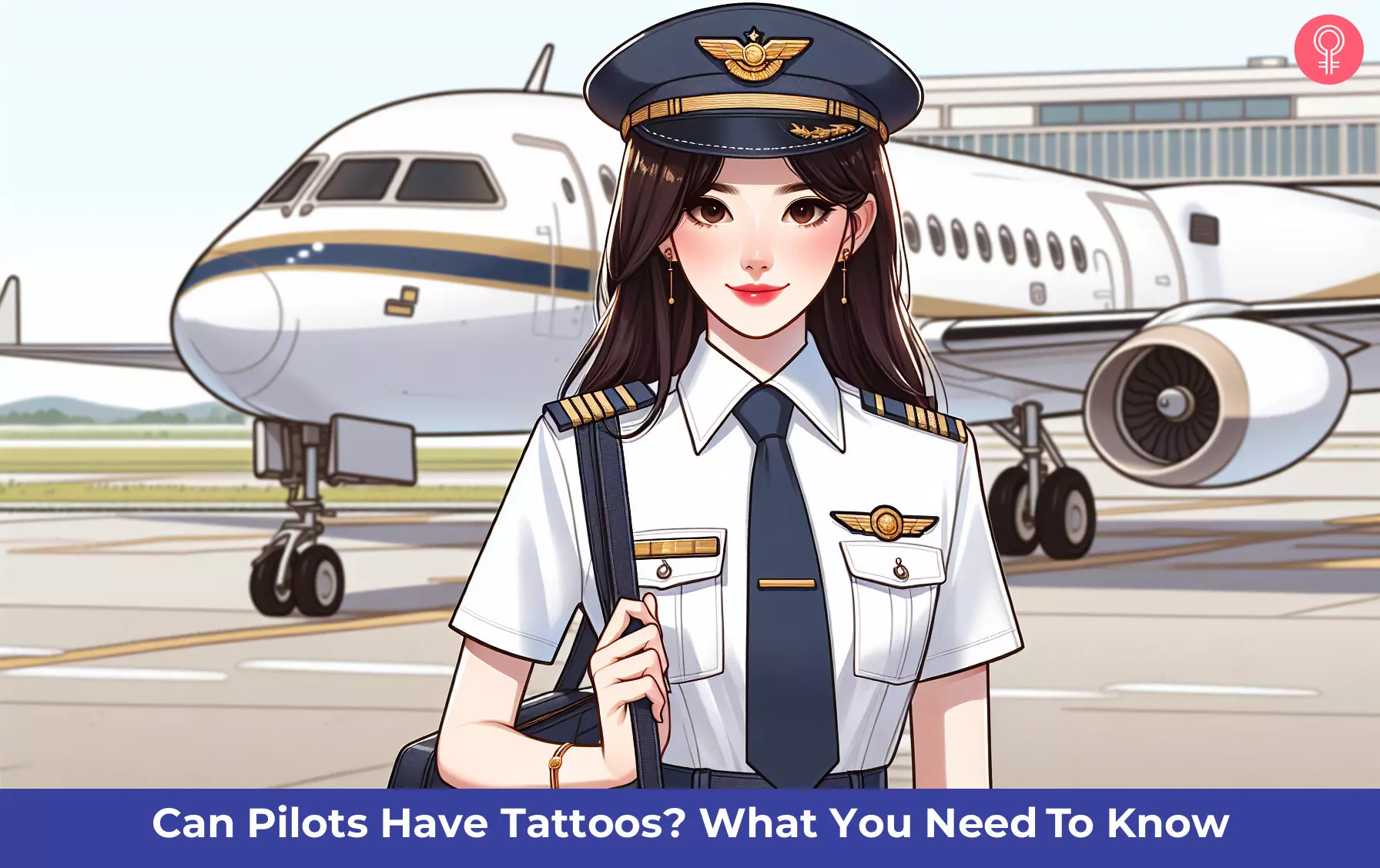
Image: Stable Diffusion/StyleCraze Design Team
If you want some more insights into how the airline industry treats flight attendants and pilots with tattoos and tattoo policies, this video might help you. Play now for more information.
Personal Experience: Source
StyleCraze's articles are interwoven with authentic personal narratives that provide depth and resonance to our content. Below are the sources of the personal accounts referenced in this article.
(i) Can Pilots & Cabin Crew Have Tattoos ?! *My First Tattoo*https://www.youtube.com/watch?v=-B2GVkphv9s
Pilot Tattoos: Airline Policies & Concealment Tips
Watch this video to learn which airlines allow pilot tattoos and how to conceal or remove ink. Discover key spots, makeup tricks, and policy tips. Watch now!
Read full bio of Brik Rangel
Read full bio of Gazala Firdos Ansari
Read full bio of Shatabdi Bhattacharya
Read full bio of Shreya Mukherjee





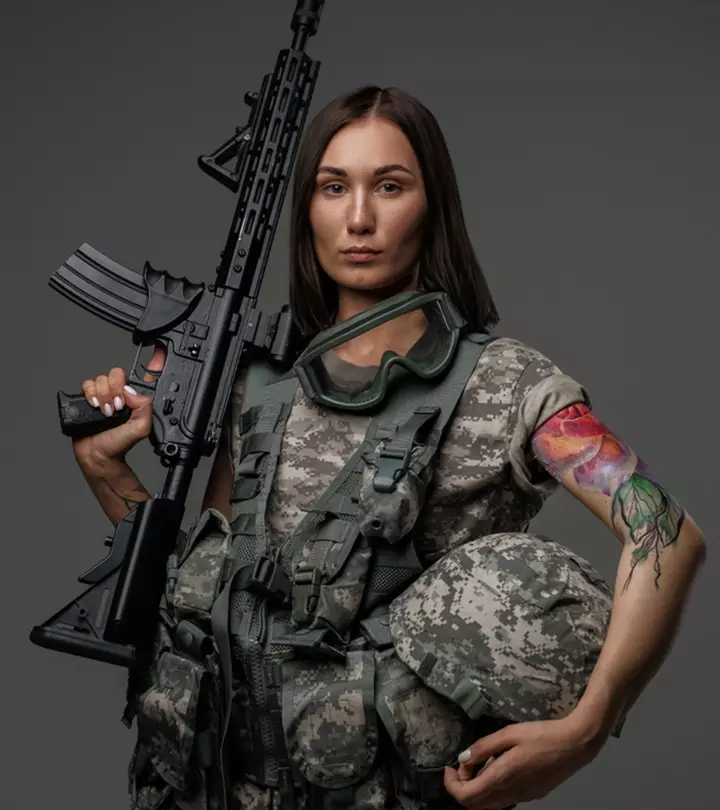
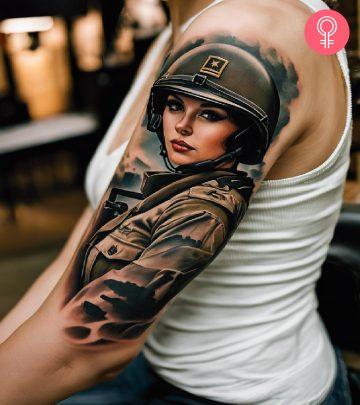

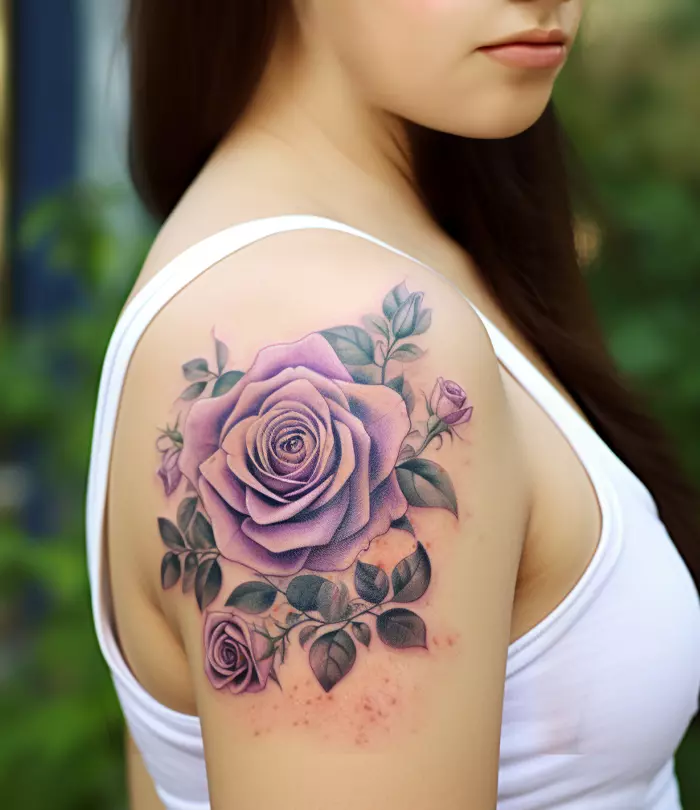
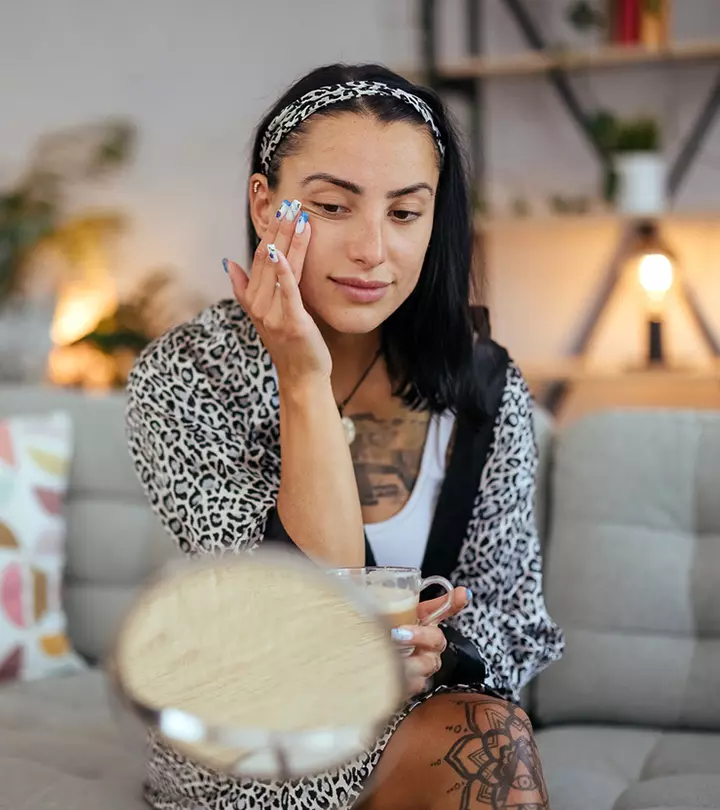
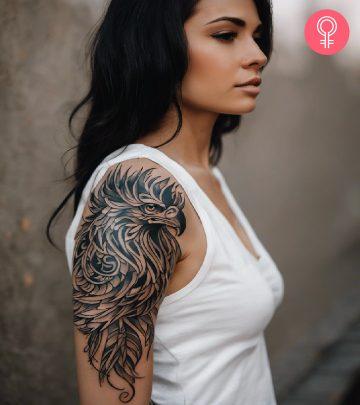
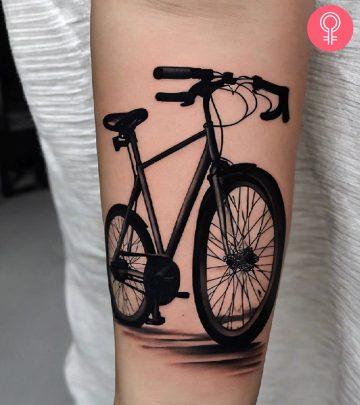

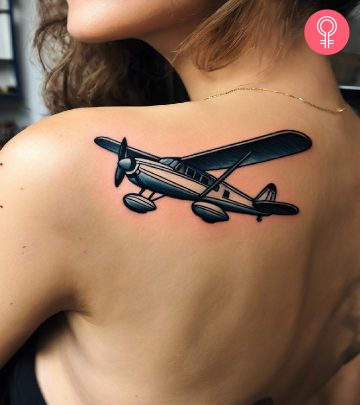
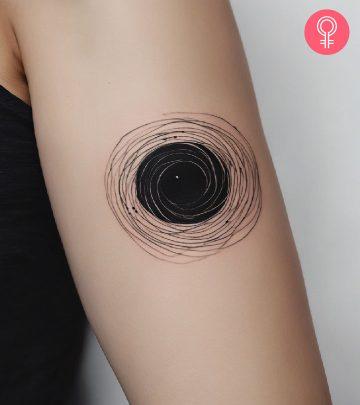
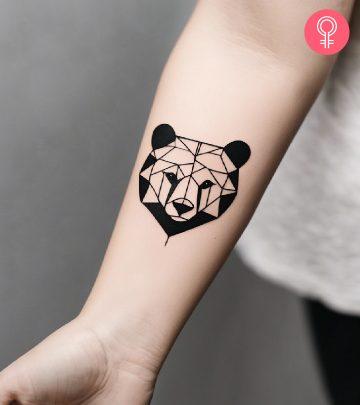
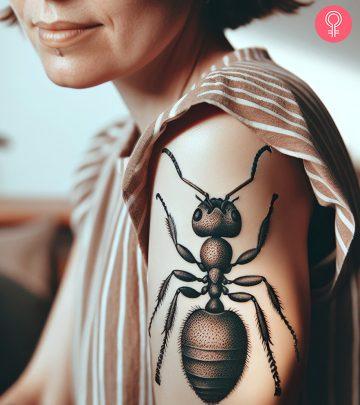
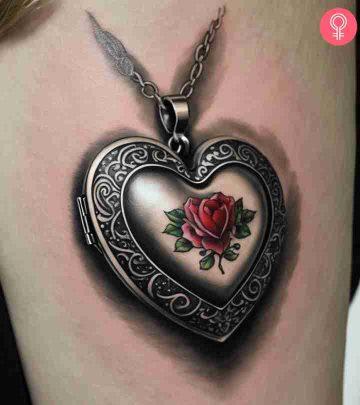
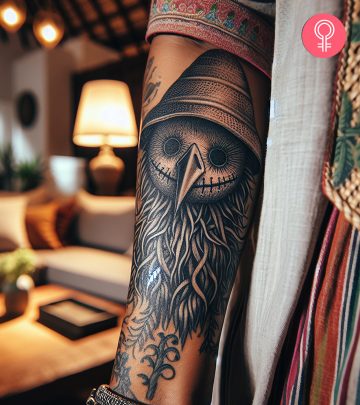
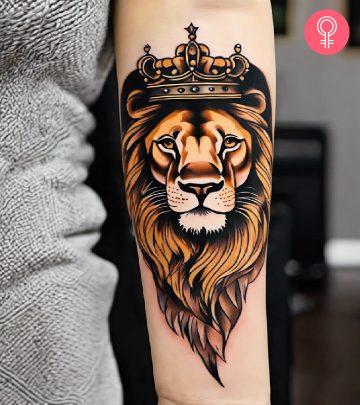
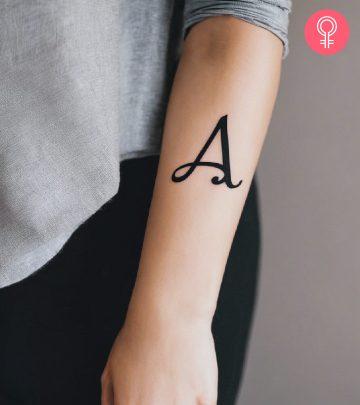
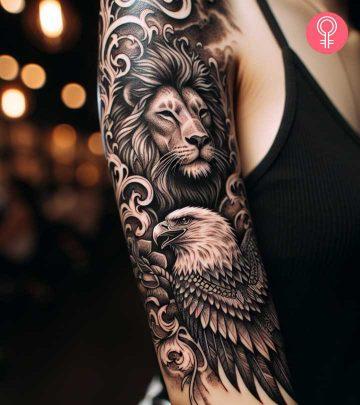

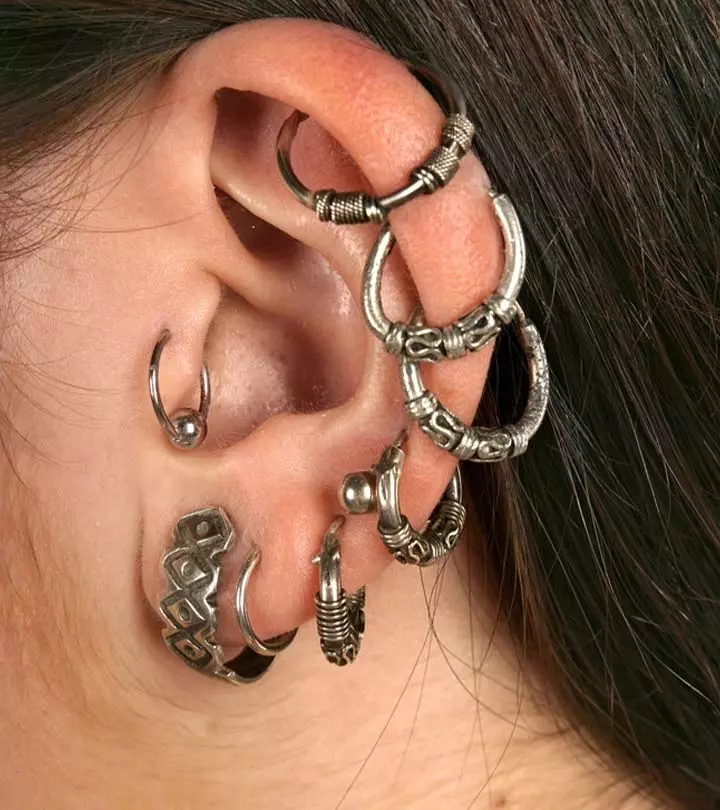
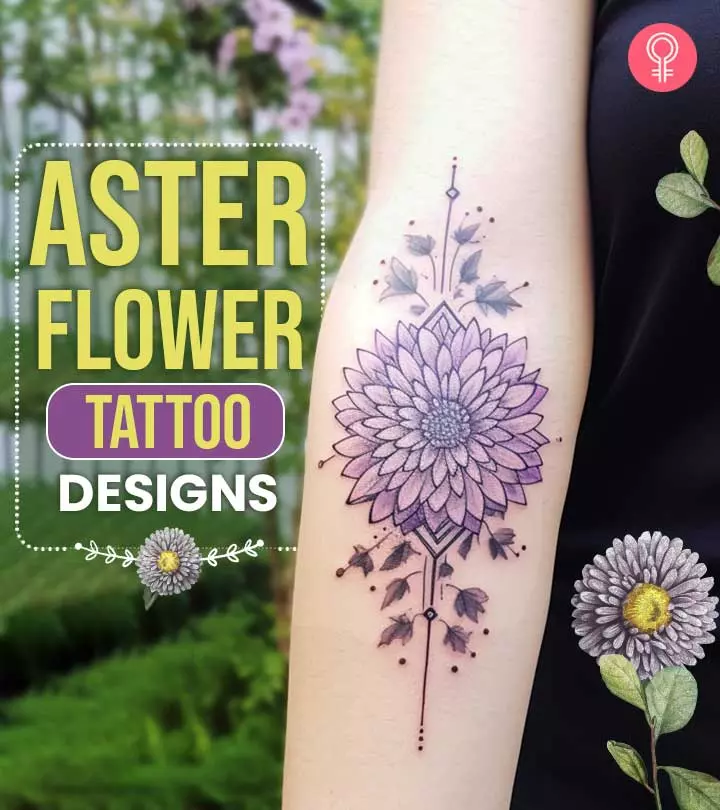
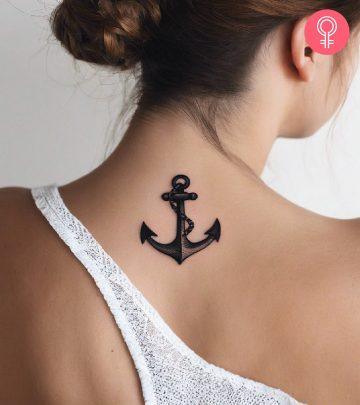
Community Experiences
Join the conversation and become a part of our empowering community! Share your stories, experiences, and insights to connect with other beauty, lifestyle, and health enthusiasts.